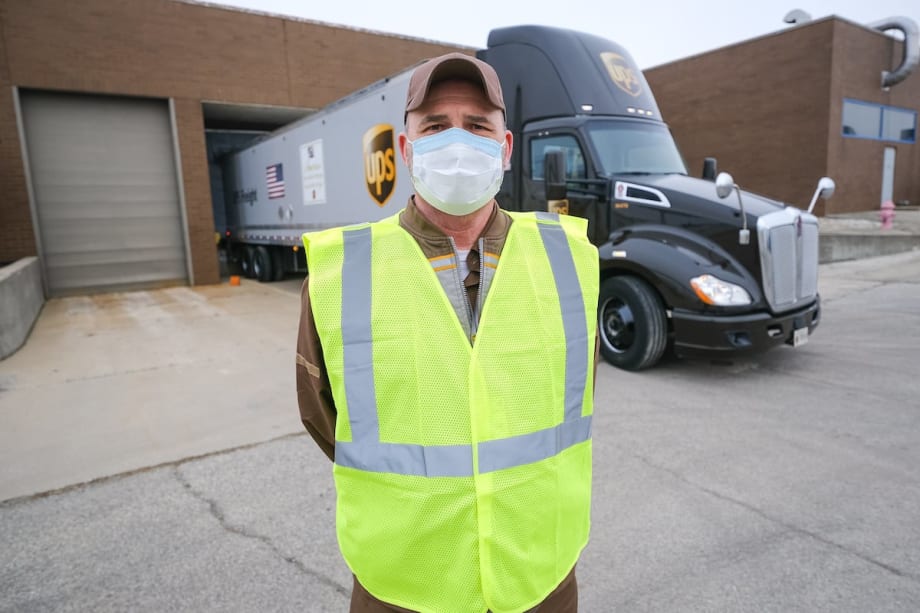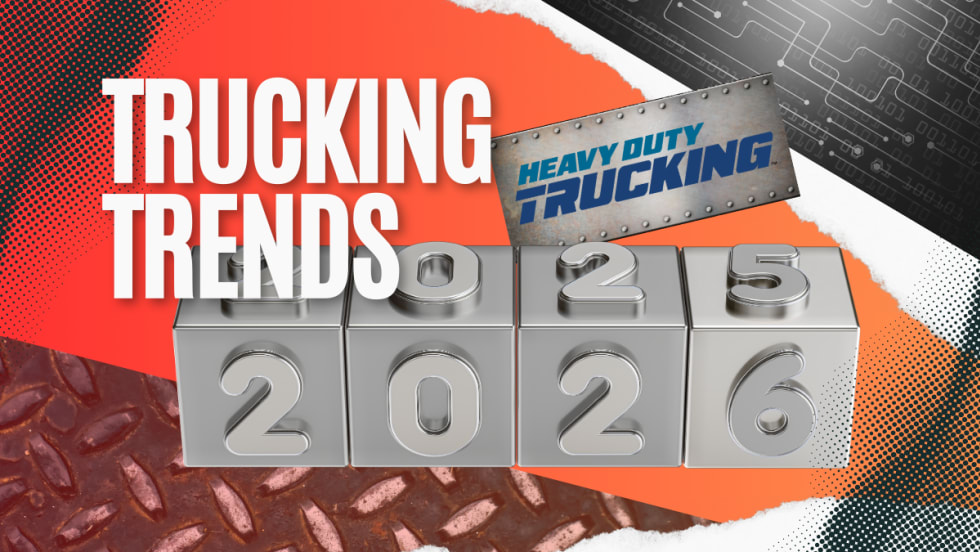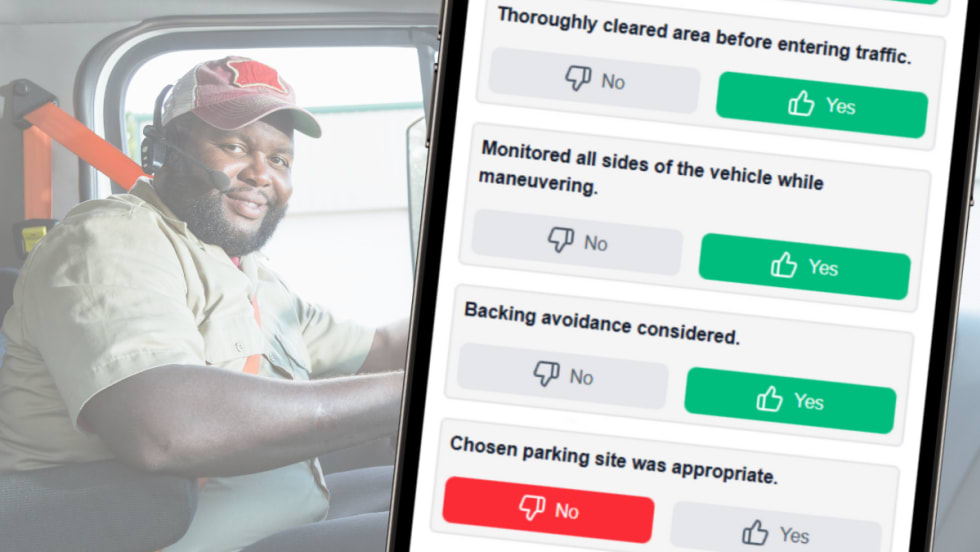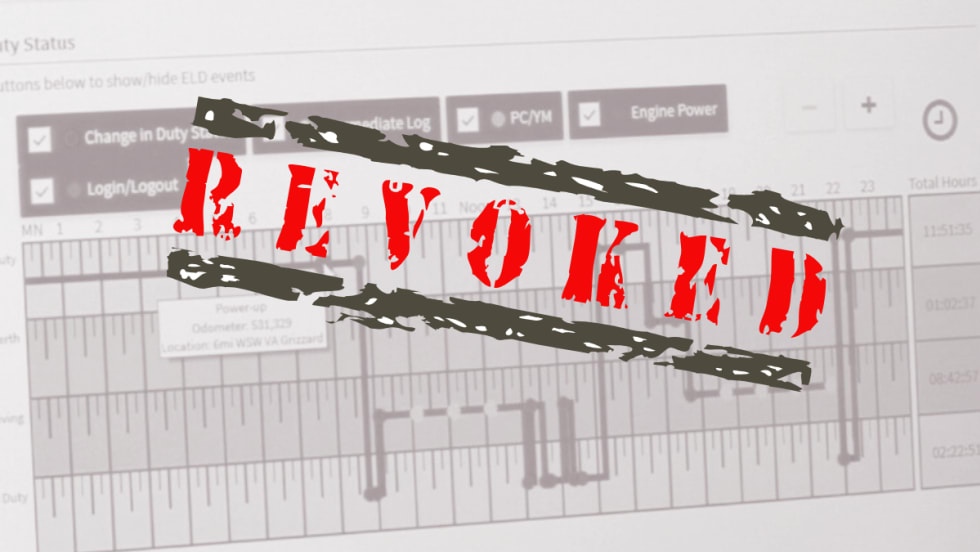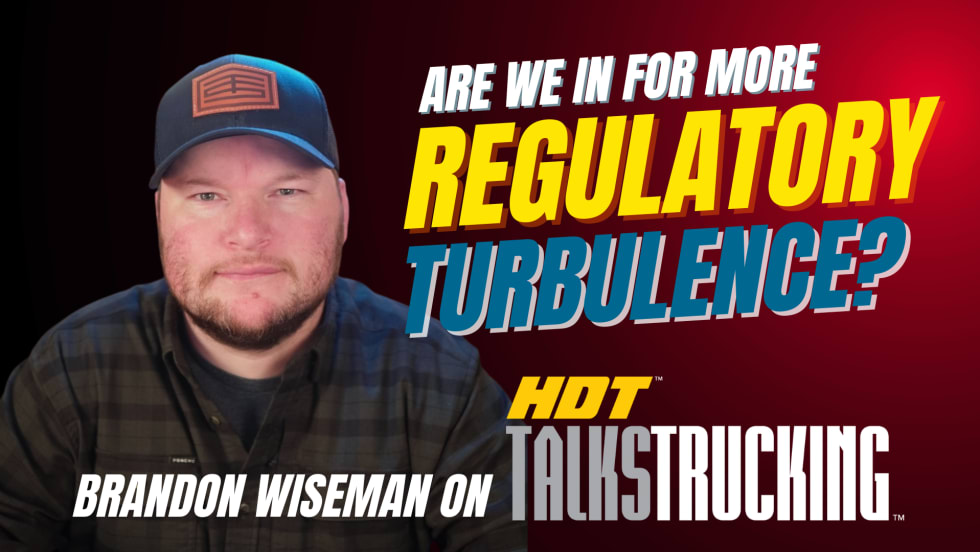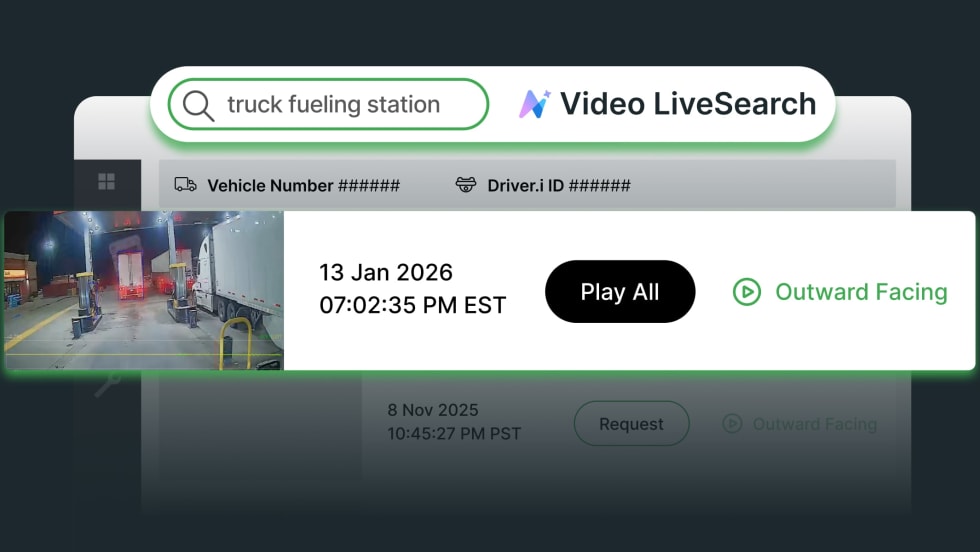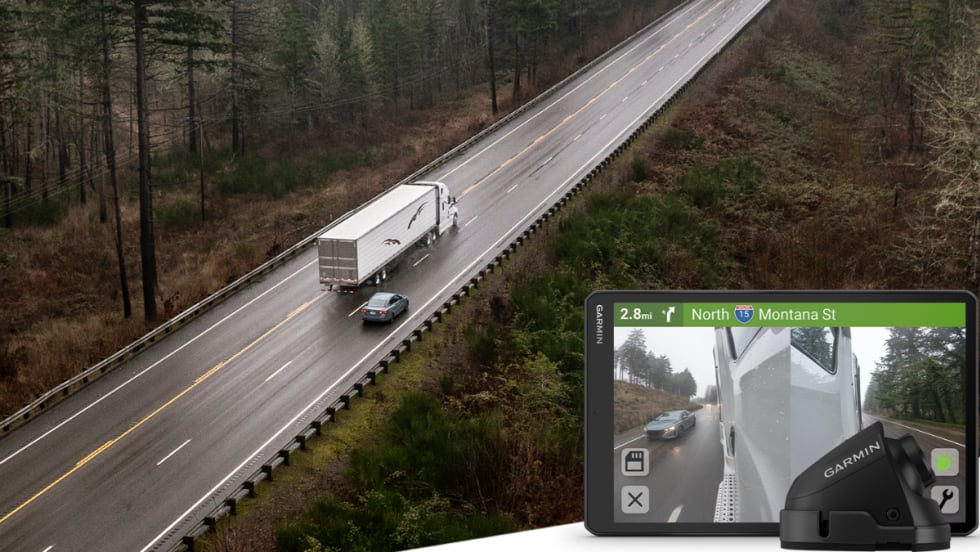Did the COVID-19 Exemptions Affect Highway Safety?
When FMCSA asked for comments earlier this year on whether to extend the COVID-19 emergency waivers, it received nearly 400 responses.
The American Trucking Associations said most of its members “no longer feel continued relief is necessary. ATA members continue to voice concerns that continuing regulatory relief may be used to circumvent the hours-of-service regulations or foster abuse of the regulations.”
The Truck Safety Coalition said in its comments, “FMCSA must consider the deplorable state of roadway safety when considering continued regulatory relief, specifically, the unabated rise in truck crash fatalities. … The Truck Safety Coalition recognizes that in times of crisis, such as natural disasters or public health emergencies, conditions may in fact require temporary relief for commercial motor vehicle operations.
"The conditions that prompted the original COVID-19 emergency declaration on March 13, 2020, have shifted substantially," said the coalition. "What has not changed is the steady rise of truck crash fatalities. FMCSA is encouraged to carefully consider the risk to roadway safety that accompanies regulatory relief from HOS against the continued need for the urgent need for delivery of life-saving medical supplies and commodities to save lives at risk due to COVID-19."
Many of the comments from truck drivers and small trucking companies were more about the hours of service regulations in general, as well as mandatory electronic logging devices. The fact that so many motor carriers ran on COVID-19 exemptions without incident, they say, should show that drivers can operate safely with more flexible rules.
“We are a small carrier and we hire and retain drivers who know their sleep schedules better than anyone or anything,” said Keith Arteberry, owner of Arteberry Transportation Inc., a family-owned business in Walnut, Illinois, in his comments. “We have run many COVID-exempt loads without a single incident or accident. Drivers are much happier and much more productive. Let us decide when we should drive and when we should stop.”
The Owner-Operator Independent Drivers Association wrote, “the COVID-19 Emergency Declaration has given truckers both broad and targeted Hours-of-Service (HOS) relief through various modifications since being implemented in March 2020. We understand that the Department of Transportation and the Federal Motor Carrier Safety Administration will thoroughly review all the data that has been collected since the onset of the pandemic, but the preliminary information certainly shows that professional drivers are capable of operating safely with additional HOS flexibility.
"According to the agency in August 2022, 'Since March 2020, when FMCSA issued the COVID-19 declaration, it has been reported that two commercial motor vehicles were involved in crashes while operating under the COVID-19 declaration.' FMCSA noted that no injuries or damages occurred.
"This shows that drivers are generally not going to abuse additional HOS flexibility at the risk of highway safety," OOIDA contends. "An experienced driver will know when they need to rest or take a break, and this data shows that more practical HOS rules allow drivers to use their time more efficiently without endangering other highway users."




